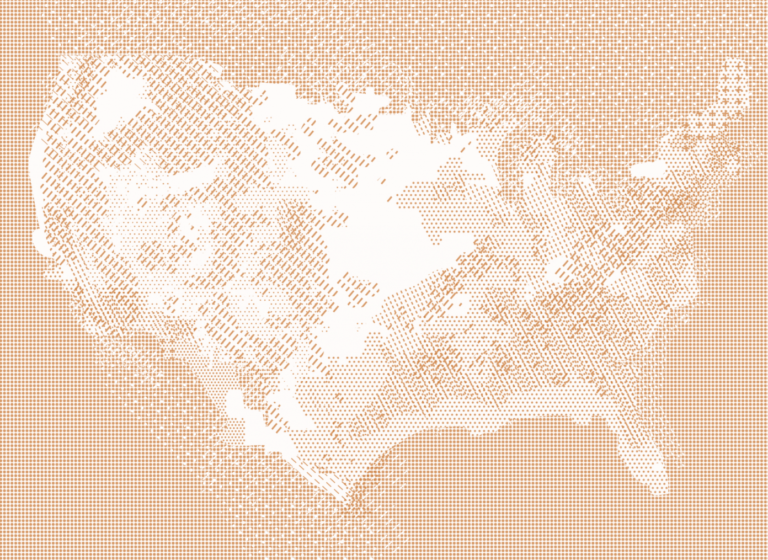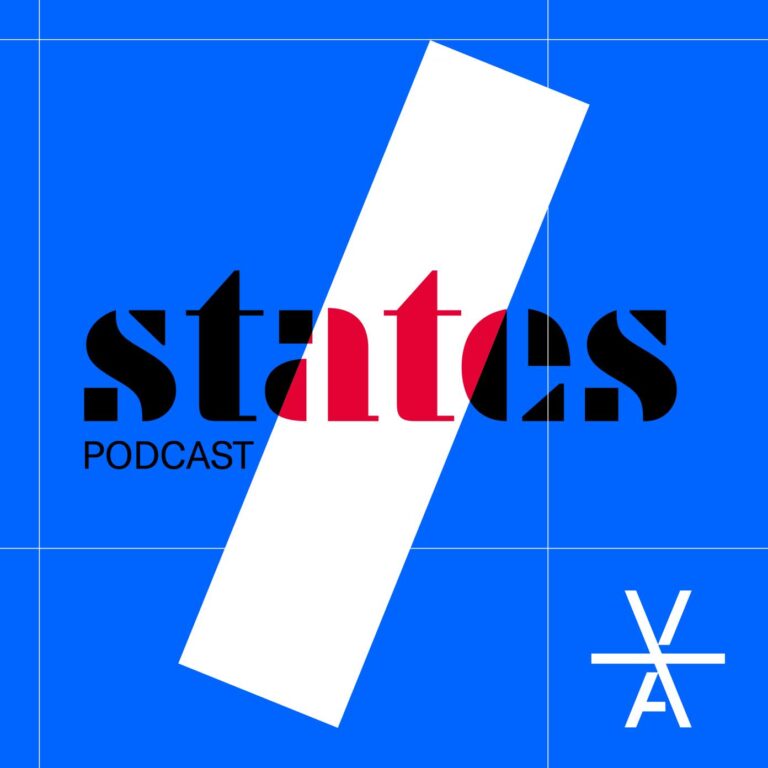
Dimitry Hlinka
Designer
September-October 2022
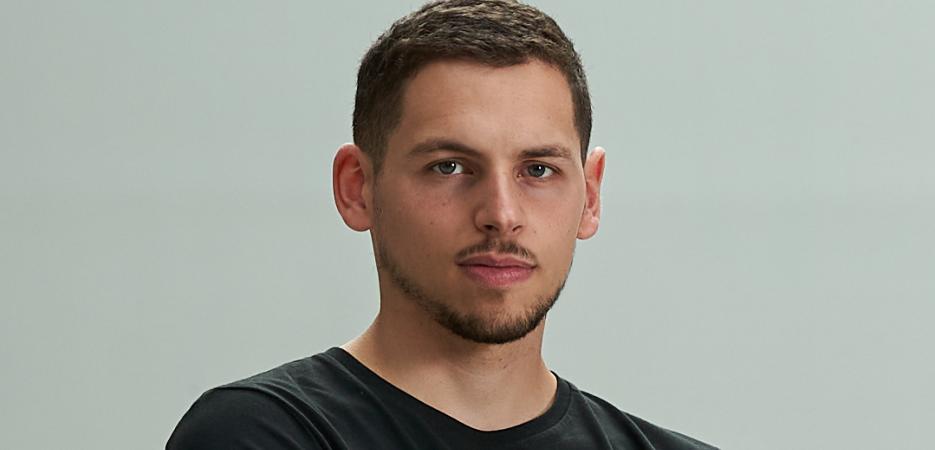
Nicolas Bruzel
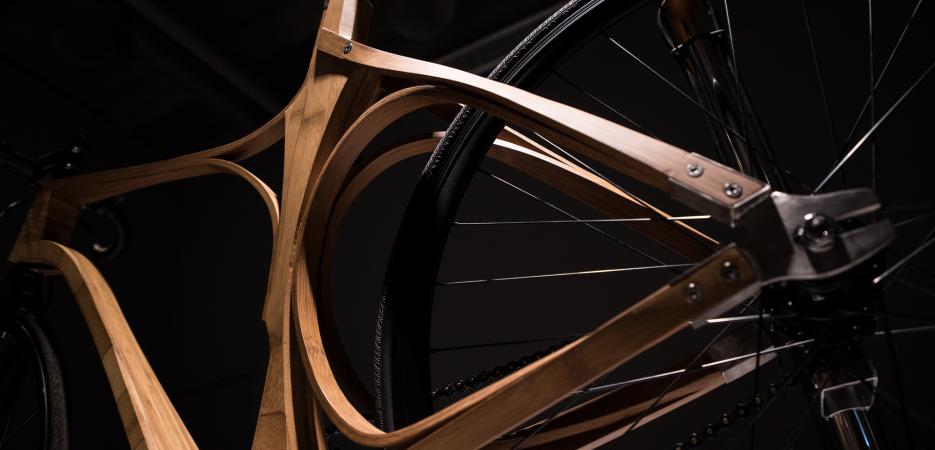
Dimitry Hlinka
- Craft & Design
- Miami
” I would like to work on a subject close to my heart that I have never had the chance to deal with in my career – the living world “
Dimitry Hlinka studied cabinetmaking and marquetry, before receiving training in design. This remarkable path has helped him develop a fertile dialogue between craftsmanship and design through his deep understanding of techniques and materials. He has made himself known through calls for proposals, residency workshops, competitions, and exhibitions, in which his prototypes have stood out for their French spirit of innovation.
In 2015, he joined the Ateliers de Paris incubator and enjoyed support in creating his workshop, Atelier-Hlinka. Through several residencies, at Taiwan’s NTCRI, in Kyoto (Japan) for the “Takumi Know-How” project, and in the French départment of Tarn for the stonework association Granit et pierres du Sidobre, he was able to develop a special focus on interactions between know-how, techniques, and fine materials. He has made use of this by responding to contemporary concerns, creating markedly singular objects he designs and makes himself.
The Bettencourt Schueller Foundation is supporting Dimitry Hlinka’s residency, as sponsors of ‘Design and Craft’ Villa Albertine residencies. He and Nicolas Pinon were awarded the 2020 Prix pour l’intelligence de la main (Dialogues) of the Fondation Bettencourt Schueller—a prestigious award in craftsmanship.
Eco-design and recycling are the main themes of this residency. I would like to work on a subject close to my heart that I have never had the chance to deal with in my career–the living world.
During my residency, I would like to explore a question: what do seeds represent? How do we make them grow? In what form? How? What do they represent symbolically and practically in light of the climate challenge we all face and the planet’s food challenge? Naturally, a designer only examines these themes through the lens of methodology, and does not claim to provide an answer.
Could seeds become a bridge between different cultures in a given place?
How can such a project be given form in situ in the US?
My approach and intuition have led me to put forward a method, rather than a project per se. I have identified four stages to help me gather data and materials, and thereby establish a basis for formalizing the project.
1/Materials basis: identifying raw materials on site through mapping.
2/Identifying local players: recorded discussions and interviews.
3/Artisanal/industrial applications: research and experiments in materials.
4/Formalization: scenario and use of project.
Because my residency in Miami will last two months, it is fair to assume that each stage will last about two weeks. In this way, we will be able to create the material the project needs, and ensure it results in tests and prototypes that relate to its local context.
I will start by identifying raw materials and local players, through data-collecting mapping, to be later used in the research project.
This analysis and observation will begin in Miami. I will then undertake a roving trip to grasp the complexity of the challenges on site.
In partnership with
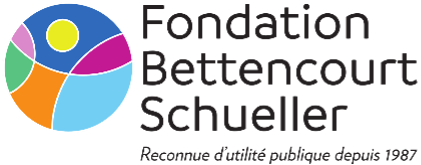
Fondation Bettencourt Schueller
As a family foundation and a public-interest foundation at the same time, the Fondation Bettencourt Schueller has chosen to “take talents to the top” to contribute to France’s success and influence.
To this end, the Foundation seeks, selects, supports and promotes women and men who are rethinking our future in three fields that make a tangible difference to the common good: life sciences, the arts and an inclusive society.
With a philanthropic mindset, the foundation takes action through prizes, donations, personalized support, effective communication and co-created initiatives.
Since the foundation was founded in 1987, it has awarded prizes to 676 laureates and supported more than 1,400 projects led by talented individuals, teams, associations and organizations.
For more information: www.fondationbs.org | Twitter: @Fondation_BS | Instagram: @fondationbettencourtschueller | Facebook: @BettencourtSchuellerFoundation | #TalentFondationBettencourt
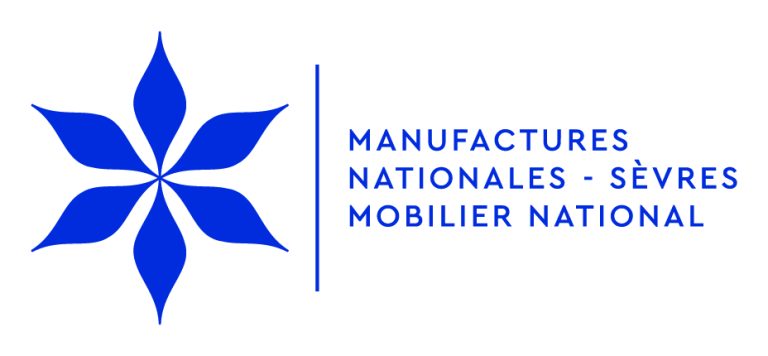
Manufactures nationales – Sèvres & Mobilier national
Resulting from the merger between the Mobilier national and the Cité de la Céramique – Sèvres & Limoges, the National Manufactures were established on January 1, 2025, to promote the excellence of French craftsmanship and highlight the richness of both tangible and intangible heritage through more than 53 artistic crafts practiced within its manufactures and workshops.
Unique worldwide, this new public entity dedicated to decorative arts, crafts, and design combines heritage and creation to play a central role in implementing the national strategy in support of artistic crafts.
Its mission is structured around six key priorities: education and training; research; creation; support for the fragile ecosystem of artistic crafts; heritage promotion; and the international outreach of craftsmanship.
As the heir to four centuries of history, it comprises two museums (the National Museum of Ceramics in Sèvres and the Adrien Dubouché National Museum in Limoges), nine manufactures and creative workshops (including the Sèvres National Manufactory, the Gobelins Tapestry Manufactory, the Beauvais Tapestry Manufactory, the Savonnerie Carpet Manufactory, the lace workshops of Alençon and Le Puy-en-Velay, and the Research and Creation Workshop for contemporary furniture), seven restoration workshops, and a furnishing commission.
Firmly rooted in local territories, this public institution operates across eight departments: in Paris, Hauts-de-Seine (Sèvres), Hérault (Lodève), Creuse (Aubusson), Orne (Alençon), Haute-Loire (Le Puy-en-Velay), Haute-Vienne (Limoges), and Oise (Beauvais).




